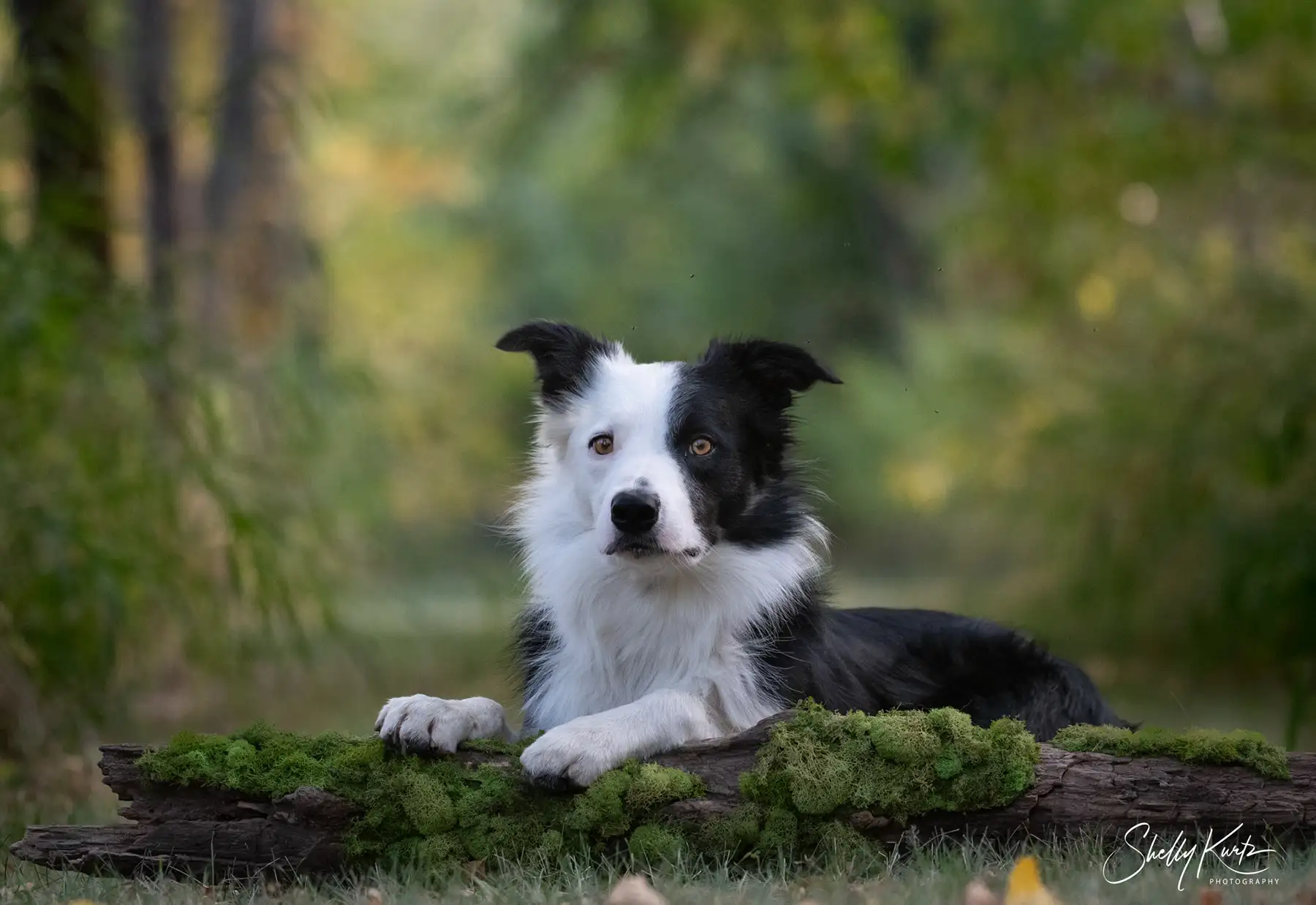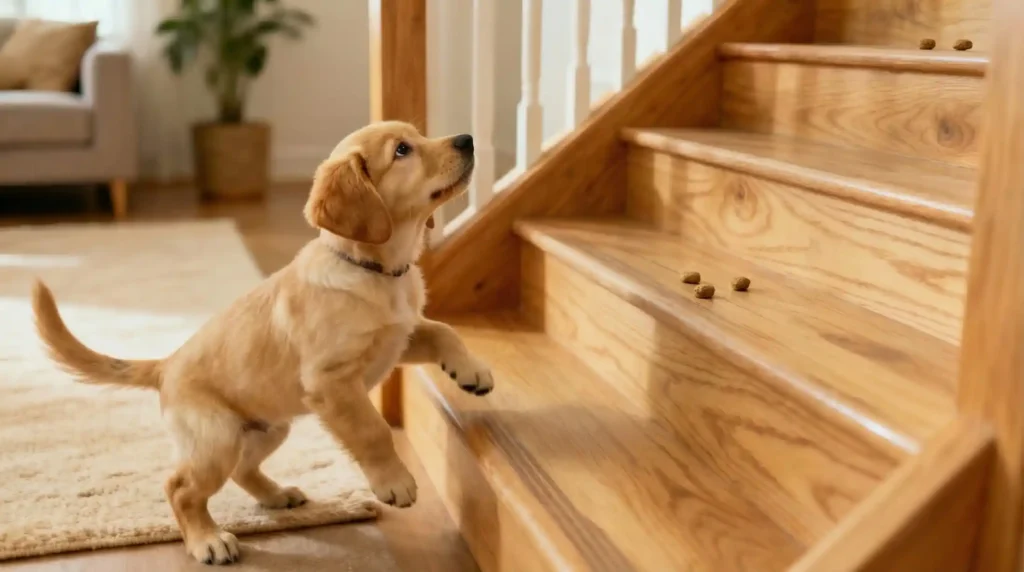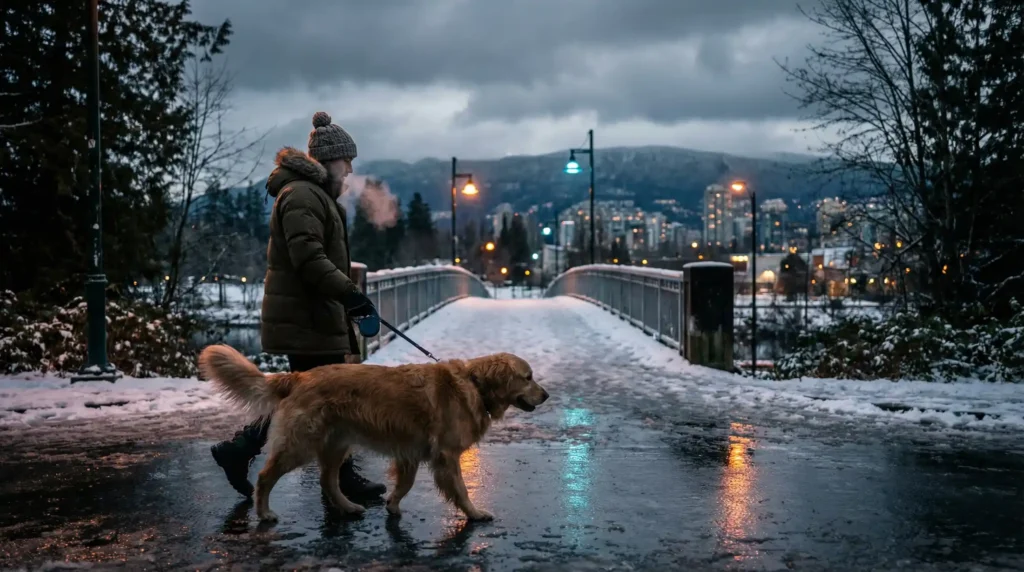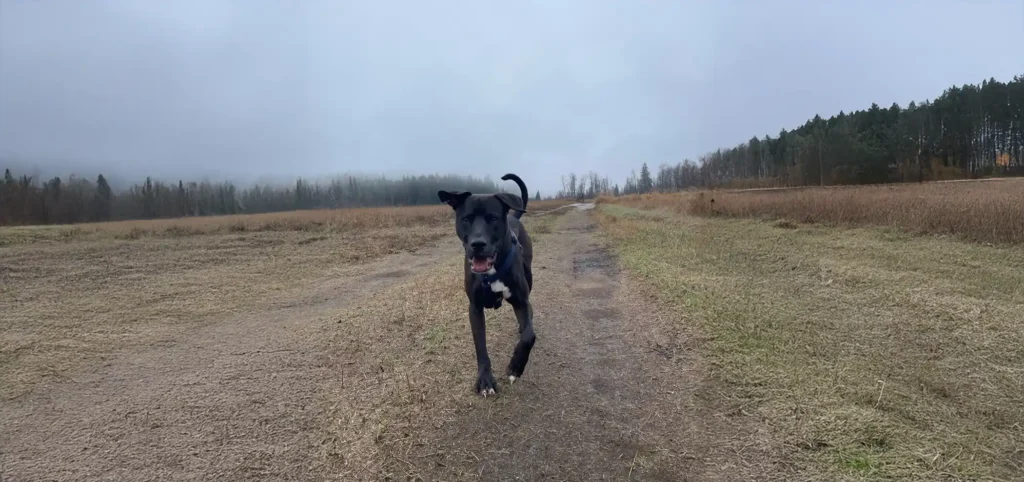Welcome to Dog Training in Vancouver
Congratulations! You’ve signed your new rescue dog up for her first group obedience class. Or you’ve taken the leap and booked a package of private lessons to address some specific behavioural tangles you want to unravel. Because maybe it’s your first time working with a Vancouver dog trainer, you are not quite sure how best to prepare.
Essentials for Successful Vancouver Dog Training
Taking a bit of time to consider the essentials for good dog training will go a long way in ensuring you get the most from your lesson. It can make all the difference between a puppy that is fast asleep on the floor when she should be learning and a dog that ends the session with a swagger of confidence to her walk.

Preparing Your Learner for Success
The most important first step is to prepare your learner. If you are going with an R+ (positive reinforcement) based trainer, the reinforcers you use need to have value to your dog. A toy, food—your dog needs to want what you have, and she needs to learn what she can do to get it. That is the process of training! If she is not that interested, your job will be tough. Very tough.
Using Food as Motivation
For many basic exercises, food is a good starting point. Having well-prepared treats (either store-bought or fresh from your kitchen) and a hungry dog can go a long way in making your lesson fun and productive. Stay clear of big, dry treats with a lot of filler that are difficult to break into smaller pieces. Cooked meat or high-quality store-purchased treats can make a lot of difference to what behavior you will get from your dog. I have a fantastic list of store-bought treats. Email me for my Border Collie approved list!
Addressing Low Food Motivation
If your dog is not highly food motivated, talk to your trainer beforehand for tips. The act of eating food IS a behavior, and all behaviors can be modified to some extent. If you have a dog with low food interest, leaving her food out all day so she can pick at it will lessen her desire to obtain that resource. If she is overweight, that too will affect motivation (besides being unhealthy). Showing up to class with just kibble might not be the oomph your dog needs in that environment, whereas freshly cooked chicken might light her fire. Skipping a meal if it is right before class or giving a very small portion will ensure she is hungry and also more lively, as she is not digesting a big meal when she should be active.
The Role of Emotion in Training
Be thoughtful about the role food plays in motivation for your dog. In training, you are teaching a behavior but you are also teaching an emotion attached to that behavior. You want your dog to get excited about the process because that generates more keenness for the next session. I want your dog to do the happy dance when the training gear comes out. This is the stuff upon which relationships are built. You want to end each session with a vision for how the next session will go.
Puppy Energy Management
Puppies in particular have a short window of energy. When they crash, they crash. Hard. On class day, save that two-hour playdate with your neighbor’s dog for another day and give your puppy some crate rest. They probably need it anyway—puppies should be sleeping 16 hours a day. Schedule vaccines and vet appointments on a different day than class. There are six other days in the week to make that happen, so be thoughtful.
Incorporating Toys in Training
If you are using a toy in class—great for engagement exercises, recall training, agility, and dog sports in general—the same principle applies. Don’t leave your special training toy out; like your treats, it should have an illusion of scarcity so that there is value attached to it when acquired. In my classes, I place a lot of emphasis on playing tug, and so that magical tug toy, when it appears, will help the dog get into the right emotional state. Get tips here on finding that perfect toy and keep it just for training.
Arriving Early for Group Classes
For group classes, show up early. Nothing will put your dog’s mental state into a whirlwind like showing up late and screaming into class on a tight leash without settling your dog first. I recommend at least 15 minutes early; if you have a high-energy dog, give yourself a full half hour. Walk the area around the class, let your dog sniff, potty, sniff, settle, sniff, acclimate, sniff. Repeat. Sniffing is her chance to get a lay of the land and to bring herself back into balance. If you can, go to the area before the first day of class. Often at agility competitions, the venue is open the day before with a warm-up ring in place so dogs get to familiarize themselves. Competitors arrive well before they step into the ring so they can ensure their dog is fully “there.” A training class is no different! You want the best from your dog. She needs to feel confident in her surroundings and not worried by it so she can focus on you and on learning.
Preparing for Private Consultations
For private consultations, if the initial session is on Zoom, have a notebook handy with your questions written down. This is your hour to absorb what behavioral modification looks like; what lifestyle factors will affect the outcome; what role management plays in the whole process. It is also your hour to make sure you get your topics addressed. For private lessons, the above guidance applies: have a hungry dog and really good treats! If you are meeting in a new location, arrive early so your dog can settle. You are advocating for your dog and what she needs in order to learn best, so take time to put those steps in place.
Embracing the Training Process
With these basics, enjoy the hour spent with your trainer and take away the homework you need to focus on over the coming week(s). Some things might need tweaking in generating that next perfect training lesson, but you won’t know until you start on the path. Training is a process of discovery and the more you are intentional about its steps, the more rewarding and productive it will be for both of you.
Whether you have a playful puppy, a rambunctious teenager, or a seasoned adult dog, Zen Dog Canine Training offers tailored solutions to meet your needs. From building confidence in rescue dogs to managing reactivity, our expert trainers are here to support you every step of the way. Explore our services and discover how we can help you and your furry friend thrive. Learn More.


